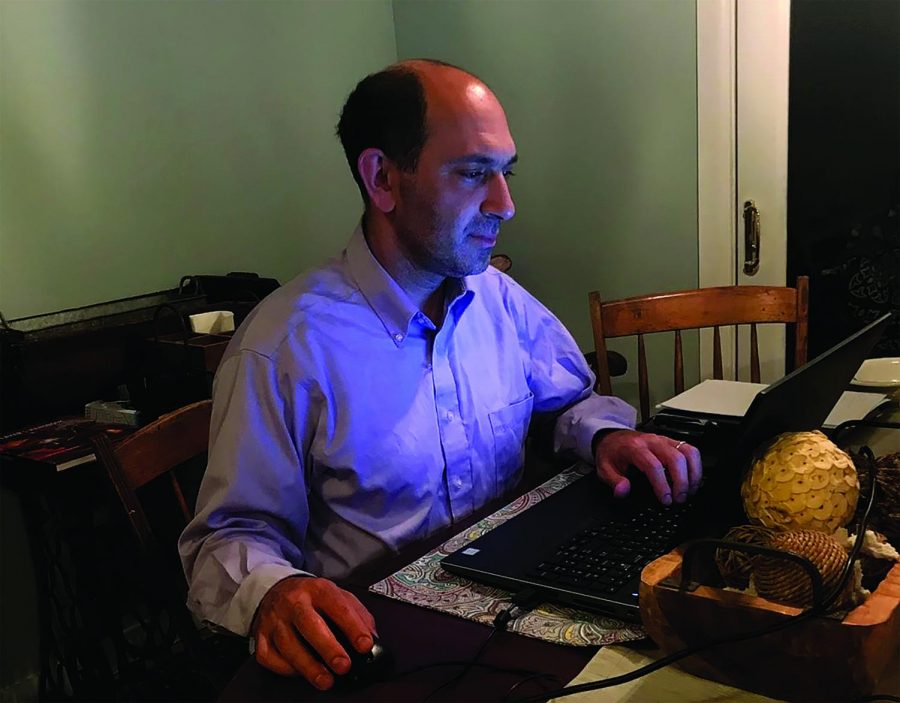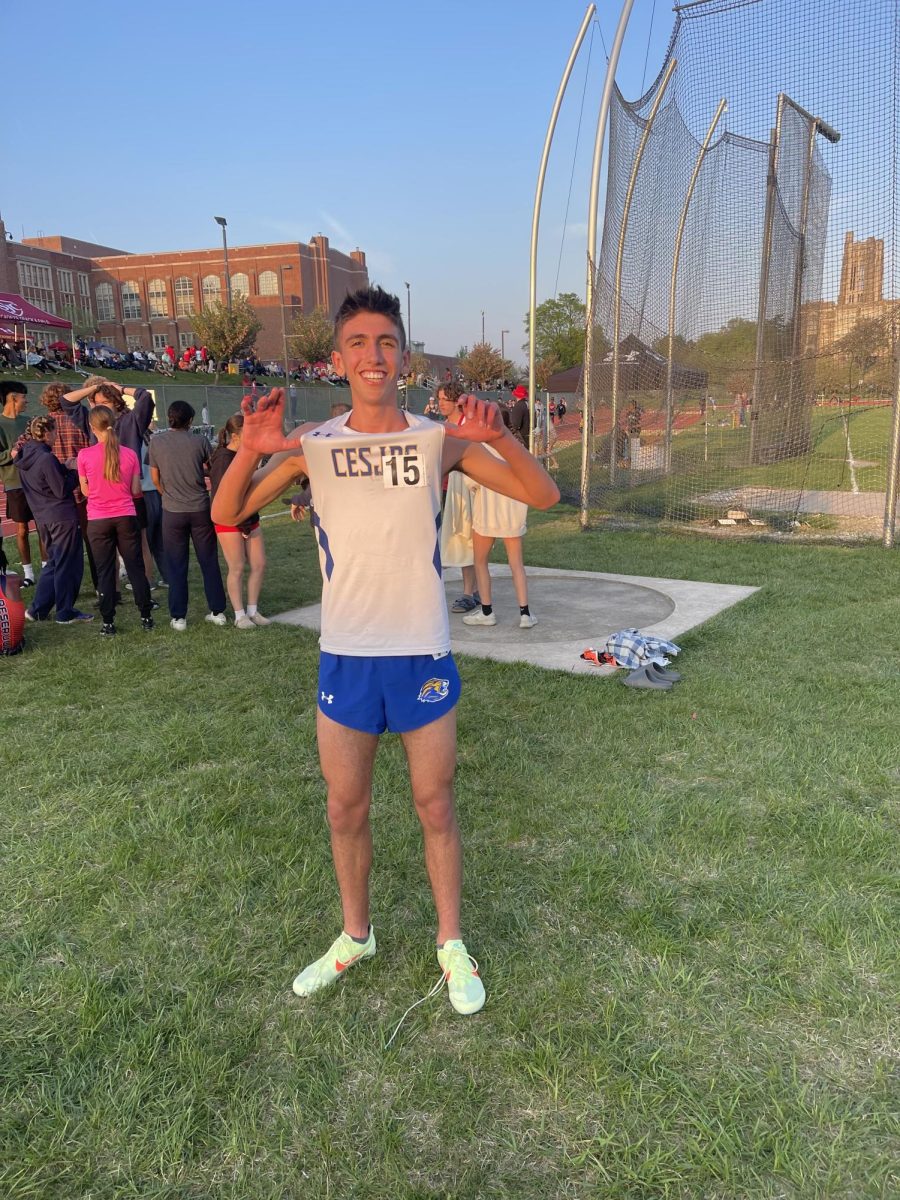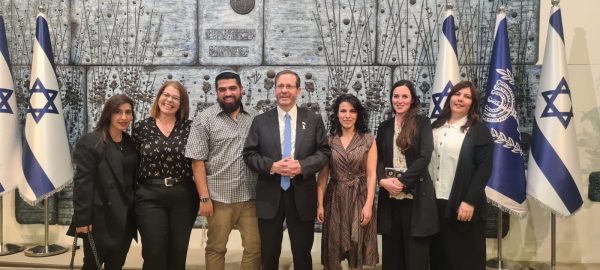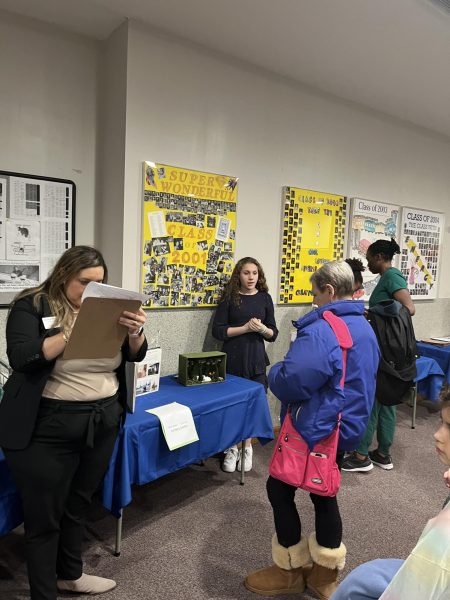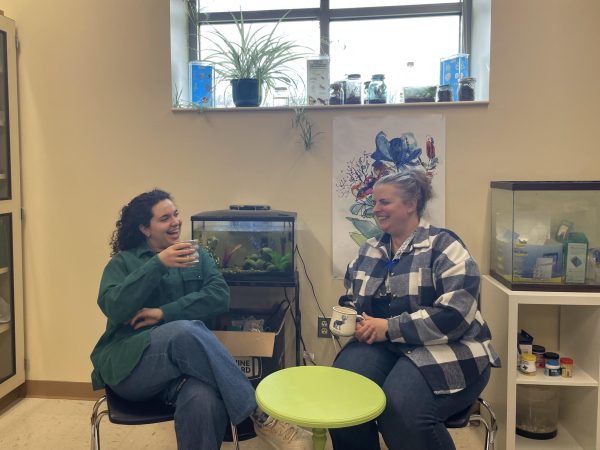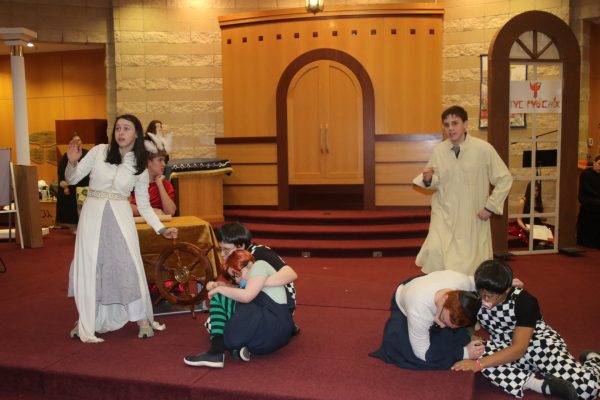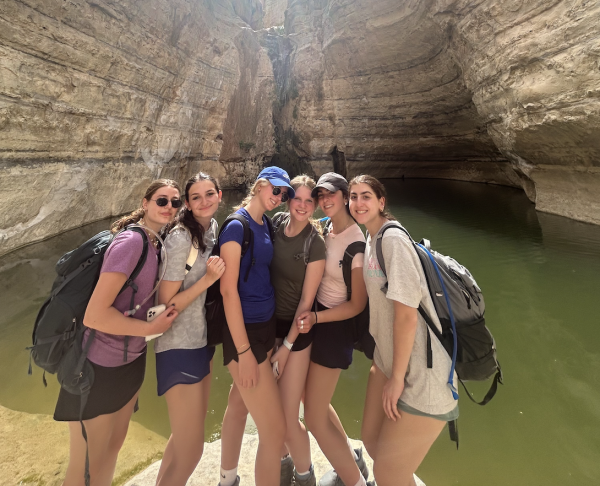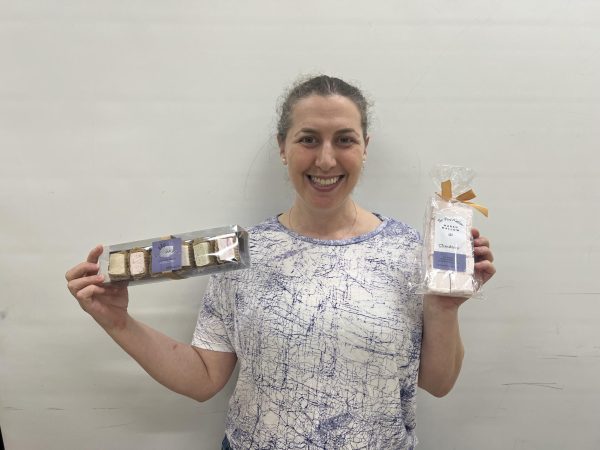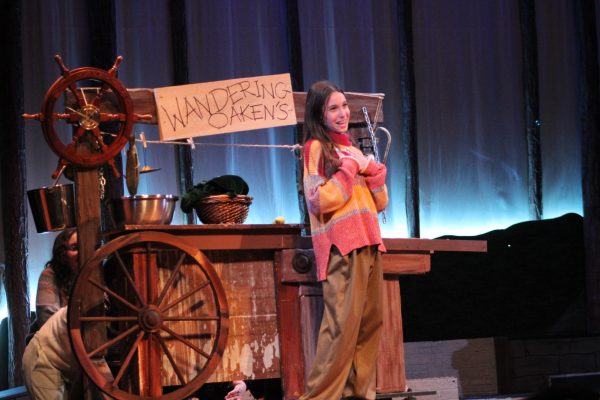New Normal: Living with an infectious disease physician
Photo provided by Edward Mitre
Dr. Mitre keeps up with the latest research.
September 10, 2020
Entering through the garage, infectious disease doctor and CESJDS parent Dr. Edward Mitre changes and showers before joining his family. To protect them from getting sick, he does not get close to them after coming home from work at Walter Reed National Military Medical Center in Bethesda.
Despite his proximity to Covid-19 patients, his three children, sixth-grader Jonah, senior Mira (not at JDS) and alumna Talia (‘19), are not very concerned about contracting the coronavirus from their father.
“I might [be more anxious], but I’m actually not, just because he is very cautious with it; he takes all the precautions pretty well,” Talia Mitre said.
Deborah Appelbaum, Speech therapist and wife of Mitre, is also not excessively worried about her husband’s exposure to Covid-19.
“Of course I am [worried], but it’s proportional… I don’t think it’s a huge preoccupation; we’re careful,” she said. “He’s an infectious disease doctor, so I think we kind of live with a certain amount of ‘oh, he could contract things,’ [but] I don’t really think about it.”
The Mitre-Appelbaum family continues to take precautions: they wash hands, wear masks, grocery shop at night and socially distance themselves from others. In addition, Edward Mitre follows the policies at Walter Reed National Military Medical Center, including wearing an N-95 mask around patients in respiratory isolation, meaning that they are in rooms with separate ventilation systems than the rest of the hospital.
“When I work in the hospital, when I come home, instead of going to the front door, I go in through the garage, I take off all the clothes I was wearing in the hospital, I clean myself off, alcohol everything off,” Edward Mitre said. “I often shower and put on clothes, and then I kind of socially distance myself a bit from the family.”
Though some of the physical aspects of his work have changed, the emotional side has not. After 27 years, Edward Mitre has grown used to working with very sick patients.
“I feel sympathy for my patients, but … I didn’t really feel very different when working with the Covid-19 patients,” he said. “It’s always difficult to take care of people who are sick. I worry to make sure that I am doing everything that I can.”
The family is more worried about getting their relatives sick than contracting the virus themselves. Both Talia and Appelbaum explained that since they are young, they are more likely to survive Covid-19 than their high risk parents and grandparents.
The same reasoning was applied for several weeks when Edward Mitre worked in the Covid-19 ward at his hospital. During that time, the rest of the family stayed at Appelbaum’s parents’ house to protect the whole family in case he contracted the virus. Before happily reuniting, he took a Covid-19 test that came back negative.
“It’s really a once-in-a-century type of outbreak, and it’s really pretty terrible, so we just have to work together,” Edward Mitre said. “I think we really need to recognize that this is not a political issue-this is a values issue, this is just something we all need to work together as a community to do our best to control.”


